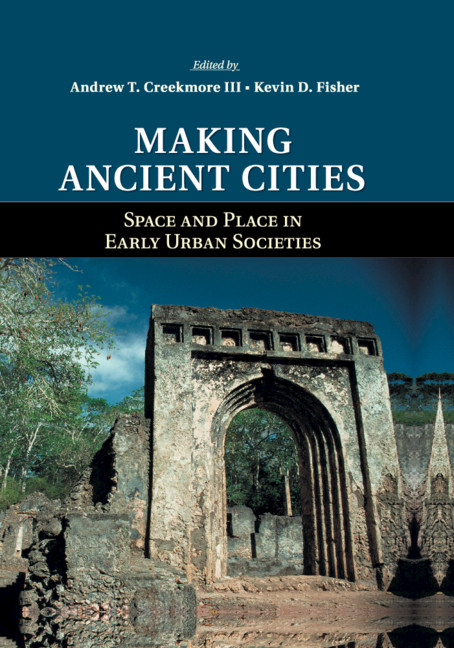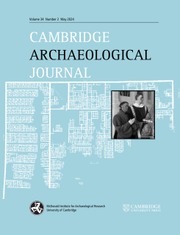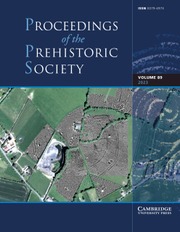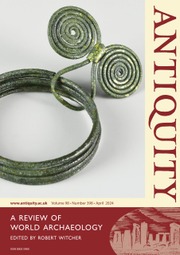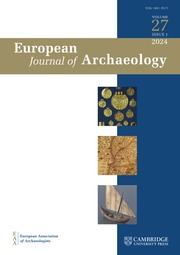The Ancient Indus
This early civilization was erased from human memory until 1924, when it was rediscovered and announced in the Illustrated London Times. Our understanding of the Indus has been partially advanced by textual sources from Mesopotamia that contain references to Meluhha, a land identified by cuneiform specialists as the Indus, with which the ancient Mesopotamians traded and engaged in battles. In this volume, Rita P. Wright uses both Mesopotamian texts but principally the results of archaeological excavations and surveys to draw a rich account of the Indus civilization’s well-planned cities, its sophisticated alterations to the landscape, and the complexities of its agrarian and craft-producing economy. She focuses principally on the social networks established between city and rural communities; farmers, pastoralists, and craft producers; and Indus merchants and traders and the symbolic imagery that the civilization shared with contemporary cultures in Iran, Mesopotamia, Central Asia, and the Persian Gulf region. Broadly comparative, her study emphasizes the interconnected nature of early societies.
- Indus urbanism
- Early political economies
- Comparative study of civilization
Reviews & endorsements
"Wright provides a comprehensive and compelling account of the Indus civilization of ancient Pakistan and India. Although she does not neglect material culture, her focus is on the interconnections among climate, geography, agriculture, pastoralism, craft specialization, political economy, internal exchange, trade, urbanism, and ideology that characterize the Indus civilization and help explain its origins, maturation, and decline. Highly recommended." -Choice
"...this book is definitely an important contribution to the field because it presents a wide range of new data collected by the author in the larger context of the field of Indus studies." -Jonathan Mark Kenoyer, Journal of Anthropological Research
"...an important benchmark in the study of the ancient Indus." -Gethin Rees, Archaeological Review from Cambridge
"The Ancient Indus, like other books in the Case Studies in Early Societies series, gives an excellent introduction to all important exemplar of the archaic state. Wright's accessible account of this civilization forms and history ensures the volume's suit ability for graduate and undergraduate courses dealing with South Asian culture history, comparative analyses of ancient states, and the varied methods employed in their study" -Ed Schortman, American Anthropologist
Product details
October 2009Hardback
9780521572194
416 pages
235 × 155 × 23 mm
0.66kg
55 b/w illus. 11 maps
Available
Table of Contents
- 1. A long forgotten civilization
- 2. Geographical and environmental settings
- 3. From foraging to farming and pastoralism
- 4. An expanded world of peer polities
- 5. Urbanism and states: cities, regions and edge zones
- 6. Agrarian and craft producing economies - intensification and specialization
- 7. Agrarian and craft producing economies - diversification, organization of production, and exchange
- 8. The lure of distant lands
- 9. Landscapes of order and difference - the cultural construction of space, place and material access
- 10. The final days of urbanism and the Indus civilization: decline, transition and transformation.


